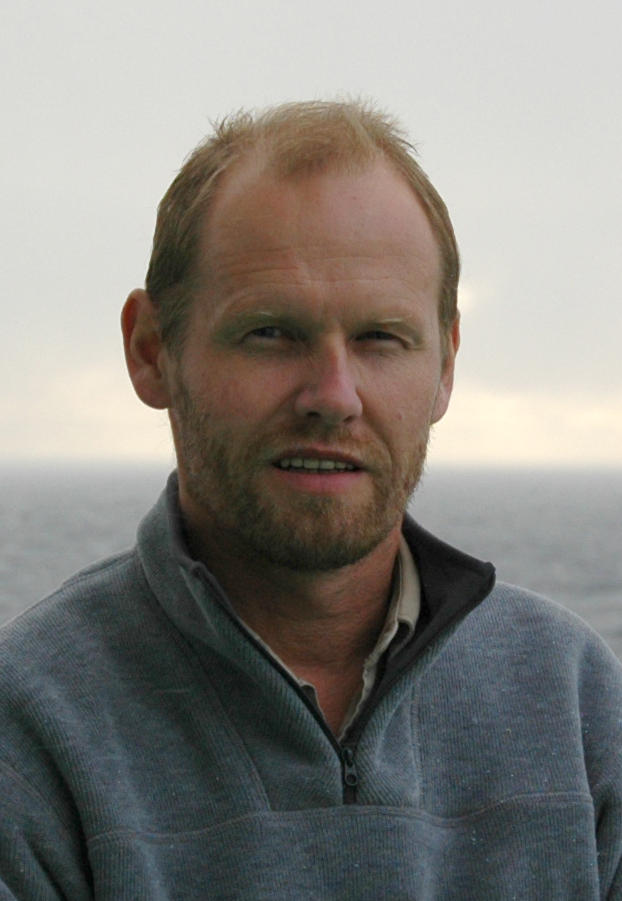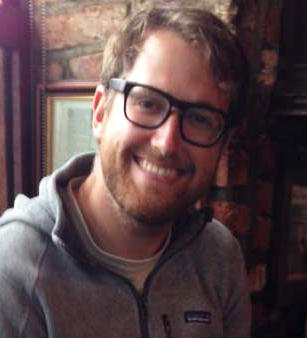Promoting enhanced cooperation in research, innovation and higher education
Representatives from the Centre for Geobiology (CGB) were part of the University of Bergen team participating in Transatlantic Science Week 2015 in Boston, Nov 4-6.

Main content
According to Kåre R. Aas, Ambassador of Norway to the United States, the purpose of the annual Transatlantic Science Week (TSW)is to promote enhanced cooperation between Canadian, American, and Norwegian stakeholders in research, innovation, and higher education. It is an arena where different stakeholders can meet with the purpose of developing long-term collaborations or partnerships.
This year’s theme was “Blue Futures”, so it was particularly apt that CGB representatives, Rolf Birger Pedersen and Eoghan Reeves, participated both as moderators and speakers.
Providing an arena for dialogue
Ambassador Aas explains that the annual TSW conference aims to strengthen integration between research and education domains. In addition, it provides an excellent arena for dialogue between research communities and policymakers. In his introduction, Aas adds that this year’s “Blue Futures” conference will focus on stewardship of the sea, oceans and human health, as well as productive seas and coasts.
While the conference was hosted by 3 Norwegian institutions (Norwegian Ministry of Education and Research, Norwegian Ministry of Trade, Industry, and Fisheries and the Research Council of Norway), Harvard University, the Massachusetts Institute of Technology (MIT), and the Woods Hole Oceanographic Institute (WHOI) as well as the Bergen Marine Research Cluster in Norway, also played key roles in developing the blueprint for the TSW 2015 program. In addition, the conference included senior leadership and academia from Harvard University, MIT, WHOI, and the National Oceanic and Atmospheric Administration (NOAA).
New partnerships grow and old ones grow even stronger
Bjørn Haugstad, State Secretary, Norwegian Ministry of Education and Research, explains that the Ministry of Education and Research funds the event every year and that it is a major event in Norway’s transatlantic cooperation. According to Haugstad, the event can bring together the best minds for fruitful discussions. He says that it is an event where new partnerships grow and old ones grow even stronger.
Creating jobs for the Blue Future
Past CGB leader Pedersen was moderator for a session under the plenary theme “from Blue Knowledge to Jobs”. The session explored “Resource Exploration and Exploitation--Environmental Aspects” and addressed the question: How can we ensure that environmental and ecological aspects are addressed when new advanced technologies open opportunities in offshore mining and deep sea exploration? Reeves was one of the session’s speakers.
A Science Perspective on Ocean Resources and Sustainability in the 21st Century
Bergen is home to some of the most renowned marine research communities in Europe, and welcomed the opportunity to highlight how new and innovative methods and cutting-edge infrastructure can expand basic knowledge, which again can help ensure that resources are harvested from the oceans in a sustainable manner. Pedersen was one of the representatives from the Bergen team (from both the Institute of Marine Research (IMR) and the University of Bergen (UiB)), who were involved in presenting information from a research perspective on ecosystems, ocean resources and sustainability. The Bergen contribution aimed to showcase exciting new projects and insights that would appeal to decision-makers and scientists alike.
UiB’s Rector, Dag Rune Olsen, was one of the leaders of the “Bergen Team”. Learn more about TSW in Norwegian.
- Viser frem UiBs marine forskning i Boston
- Rektors blogg: Fremtiden er blå

